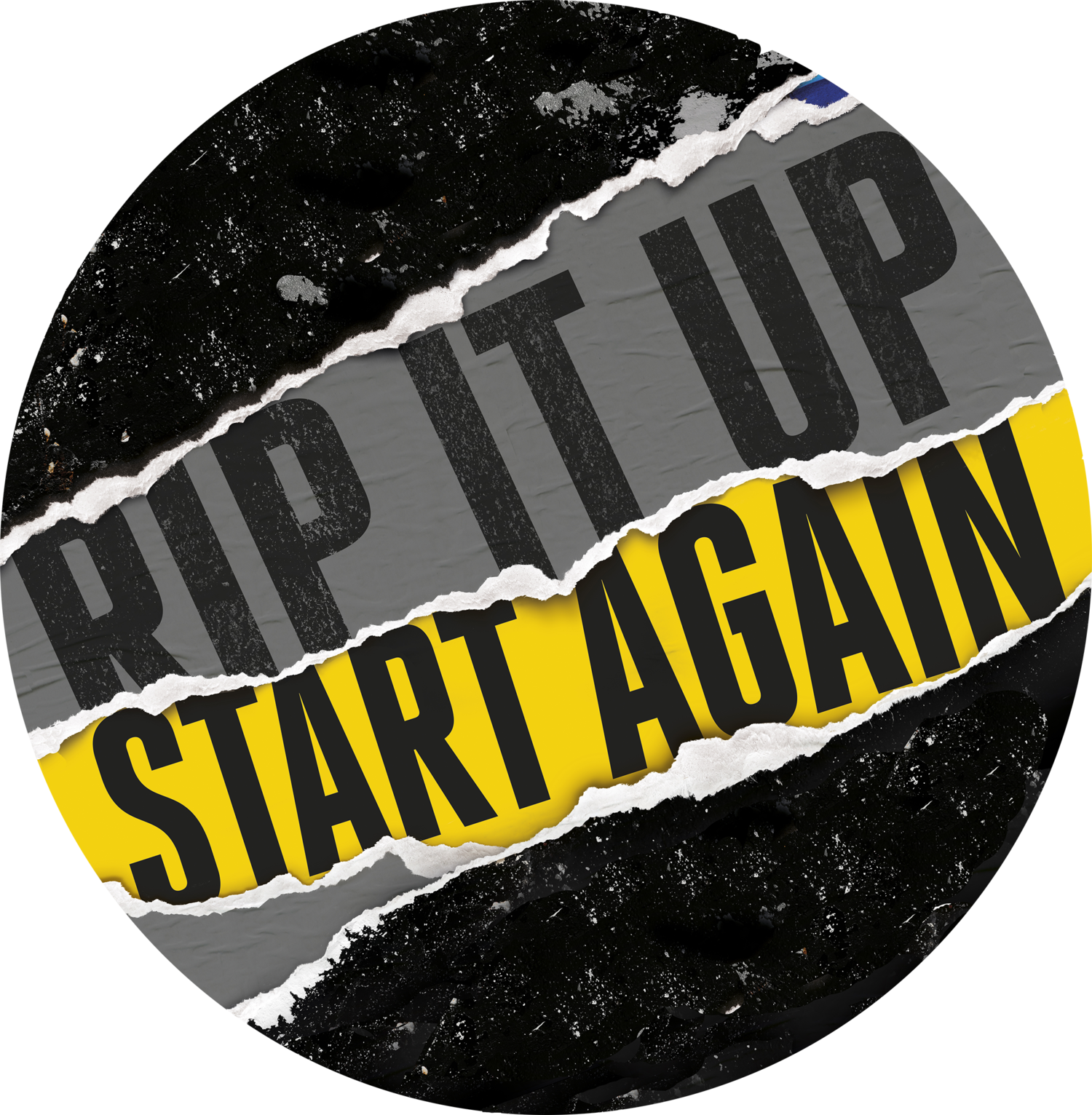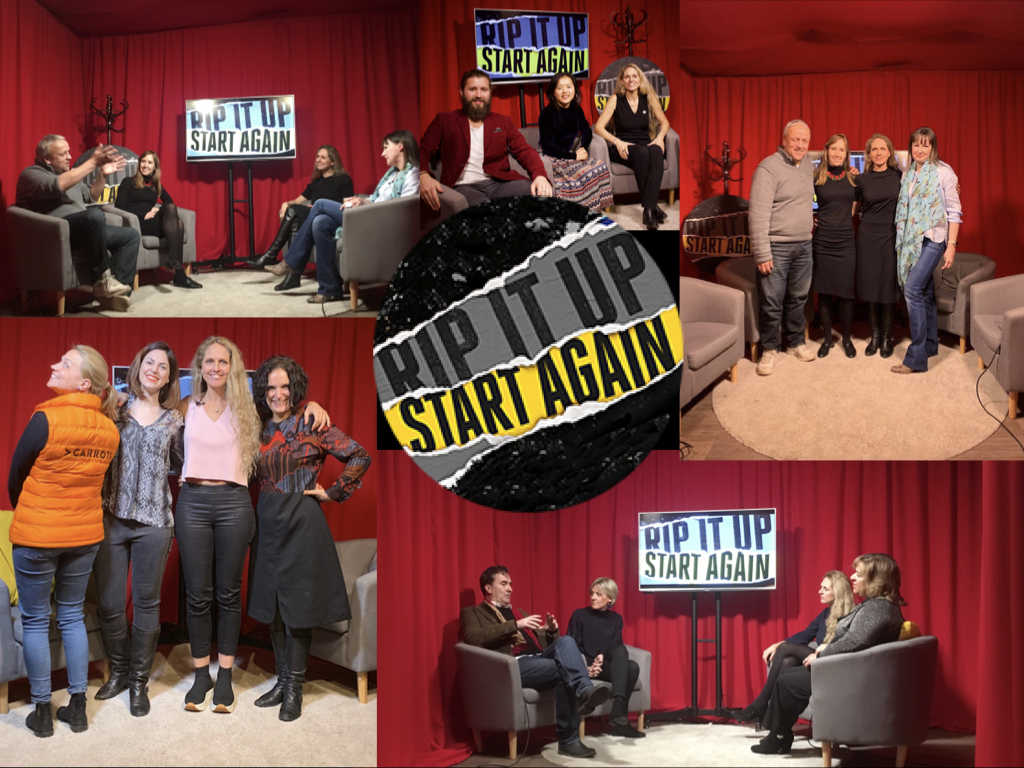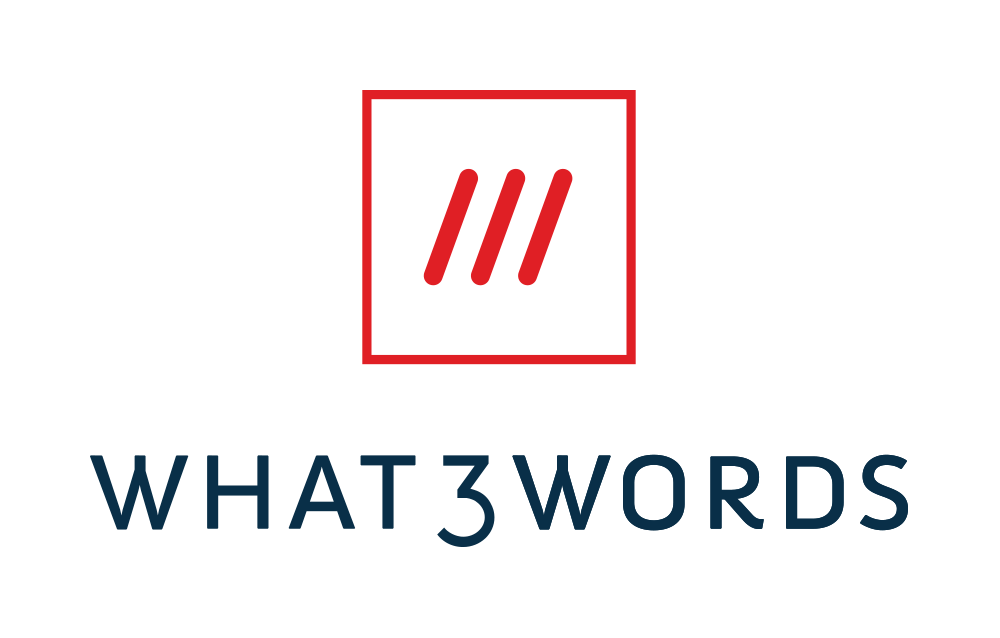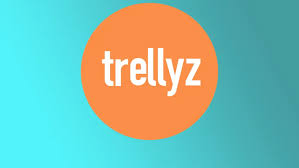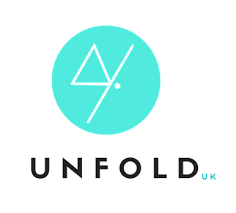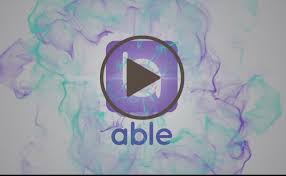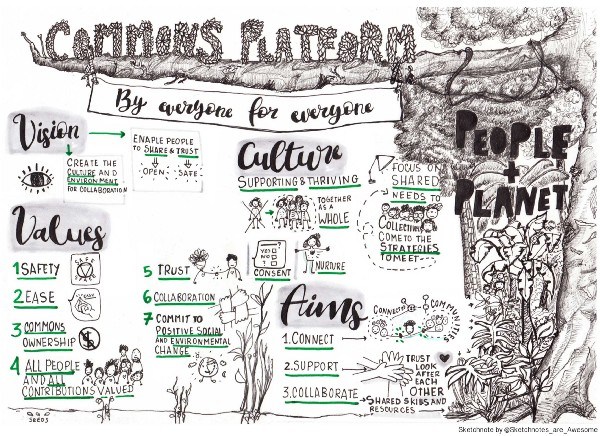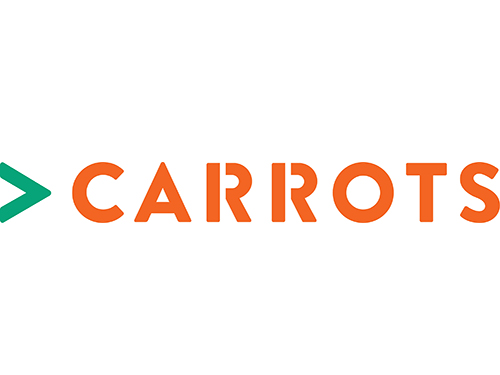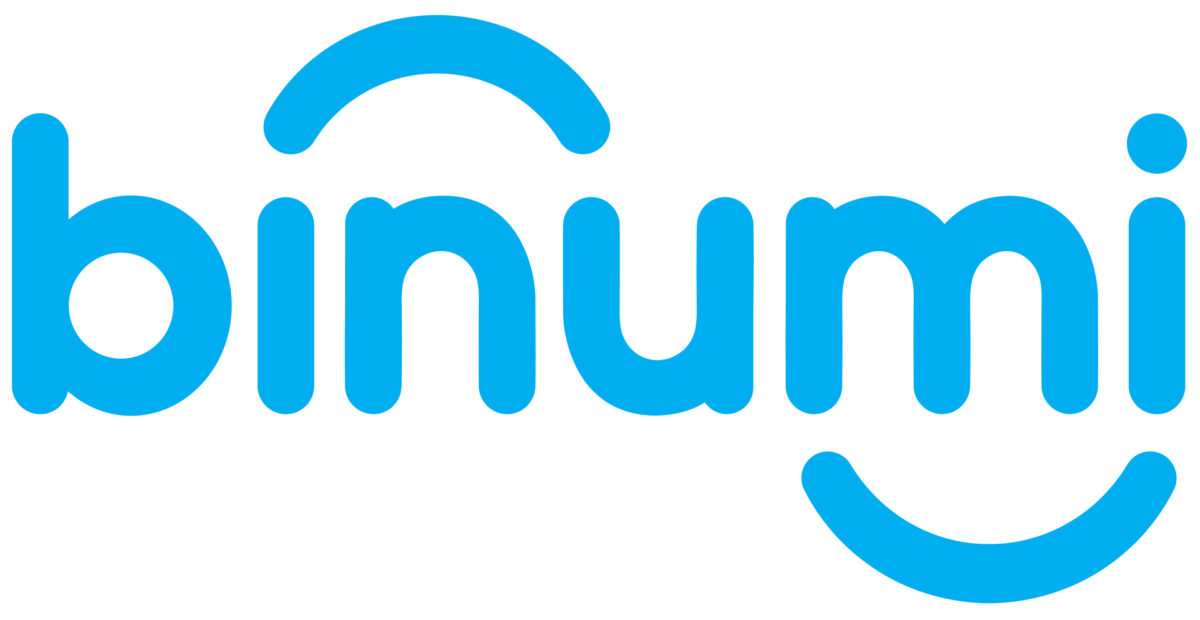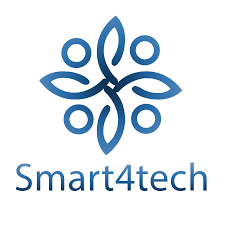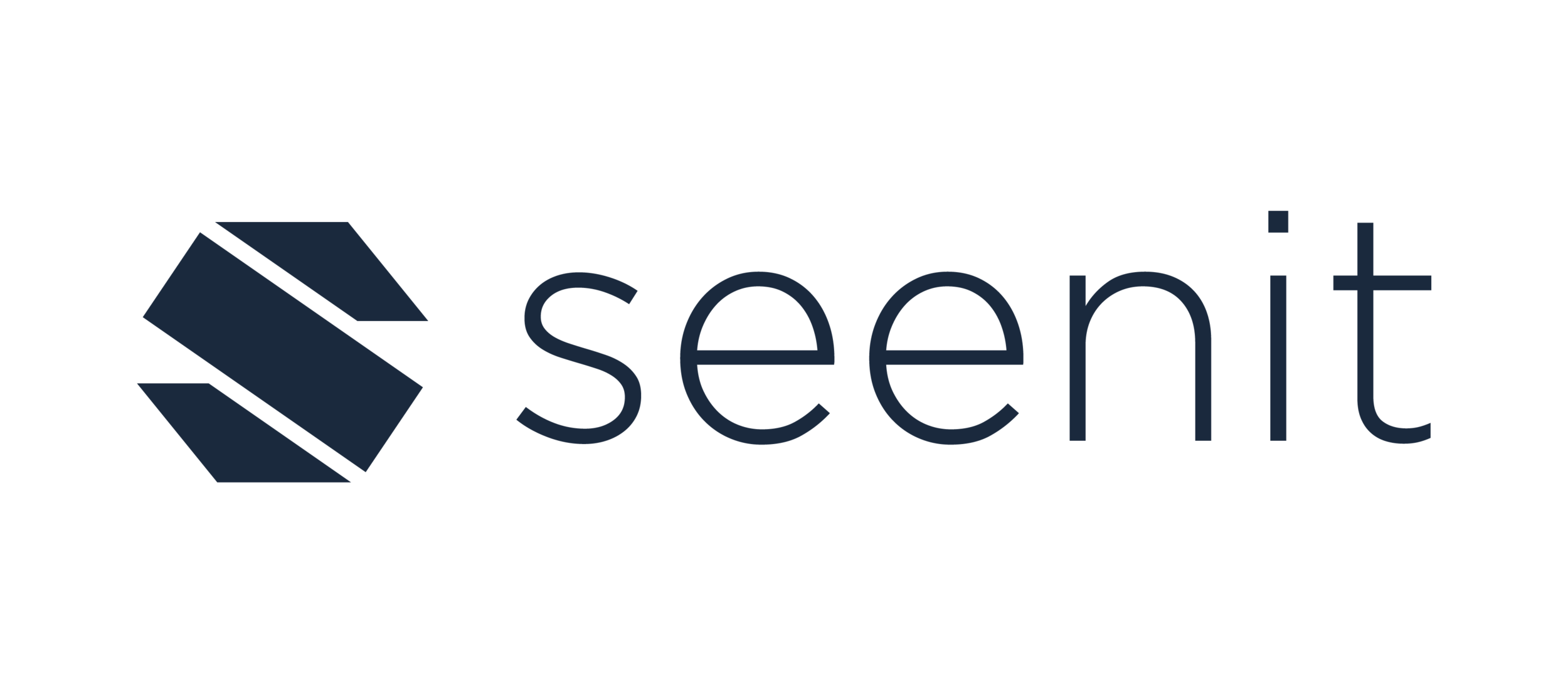Round 5: Commons Platform | Eola | Just Wears
/Rip It Up have partnered with Disruptive.live to bring you live pitches from some of the most exciting startups right now. Hosted by Lulu Laidlaw-Smith, this televised event includes a series of five-minute overview and backstory from entrepreneurs followed by an interactive Q&A. At the end of the episode, users get to vote for which startup they would invest in. This crowdsourcing approach gives a unique insight into what consumers want – and which startups could be the next unicorn. Winners are announced every quarter!
SPEAKER #1 Sophie Varlow | Commons Platform
Commons Platform is a desire to disrupt everything – from global inequality to the fact that we destroy the environment and that we call ‘profit’ the extraction of wealth and exploitation of labour. Sophie was curious about how we can empower innovators to solve these problems. Technology and social media have allowed us to do things at a scale that was previously impossible. We have created new currencies and we have an app for pretty much everything, but there is still lack of transparency. Companies like Uber are rich because they extract wealth from local economies and Airbnb is pushing up the price of property and damaging communities. As an individual, it’s difficult to make choices based on which apps are ethical. Sophie’s solution is to build a platform that brings people together, where all the apps are developed with the same set of values. Say you want to borrow a tool, like a lawnmower or a sewing machine? Head to Commons Platform and find one that is half a mile away. Maybe you need help with the school run that day? It will put you in touch with someone who is already making the trip. And on the way to pick up that sewing machine, it might even suggest someone who needs some company and a cup of tea. It’s an ethical use of technology to strengthen our societies and build wealth for a local economy. Commons Platform now has over 800 people signed up with different skills, is collaborating with over 200 organisations and is running workshops in the community. As Buckminster Fuller once said, “You never change things by fighting the existing reality. To change something, build a new model that makes the existing model obsolete.” And that’s exactly what Commons Platform aims to do. Find out more at commonsplatform.org.
SPEAKER #2 Callum Hemsley | Eola
Eola is a mobile-first booking system and marketplace that gets people out of their comfort zone. The idea came from Callum’s frustration and unhappiness of living in London. He would ask people on a Friday what they were doing over the weekend. The answer was usually the same: not much. At most, a few beers at the pub and then home. One particularly miserable Saturday morning, his flatmate persuaded him to drive up to Scarborough and go surfing. After shivering on a beach for an entire afternoon, Callum realised that he couldn’t feel his toes – but that he also had an incredible experience. He wanted more of the same. When he returned home, he immediately booked a surf trip to Indonesia. He would then search on Google and TripAdvisor for things to do every weekend, but it was far from straightforward. He would either land on an old website from the ‘90s that required him to phone up or the information would be impossible to find. There was this enormous industry that was hiding in plain sight. Callum always assumed that the nearest place to London for fun adventure activities was the coast. But there’s indoor skydiving, paddle boarding and sailing all within a couple of miles of his house. The problem was that the businesses were difficult to find and didn’t have the infrastructure to make it easy for customers – most of them still ran their booking system with a pencil and paper. Eola solves this problem by bringing these businesses online, allowing customers to book a surf lesson or skydiving session on a Friday night and be making the most of it the next day. In fact, over 50% of their bookings happen around midnight on a Friday, proving that Eola is already succeeding at getting people out of their comfort zones and introducing them to new adventure sports. Find out more at eola.co.uk.
SPEAKER #3 Yang Liu | Just Wears
Just Wears (previously JoeyWears) launched as a Kickstarter to solve the issue of ‘sweaty balls’ with a new range of men’s underwear. The campaign received over 1500 pledges and was a huge success. But where did the idea come from? Yang cautiously explained how her boyfriend of five years would walk around the house wearing the same underwear – faded boxers with holes in them that sagged out of shape. What began as a simple request to upgrade his wardrobe led to Yang shopping for underwear on his behalf and eventually creating something that didn’t previously exist: an underwear brand that makes room for your balls. Traditionally, men would head to high street retailers like Marks & Spencer, H&M or Selfridges for underwear. However, the new generation is increasingly turning to Instagram and Facebook to shop for clothes. As a digitally native brand, Just Wears has seen explosive growth with an online subscription model from men who care about comfort and fit. At the heart of this design is a protective ‘pouch’ that protects and ventilates your package. Along the way, Yang realised that there is a massive problem with the way most brands manufacture their underwear – from environmental impact to child labour, the fashion industry is far from clean. Part of their mission is to change the industry by using sustainable fabrics and encouraging customers to question how they view clothes. The company is even collaborating with independent artists across Europe to bring a splash of colour to their bestselling briefs, turning a humble piece of underwear into a wearable work of art. Just Wears has achieved more than just raising a few eyebrows and encouraging guys to talk even more about their package; they are disrupting an entire category by re-thinking comfort, sustainability and convenience. Find out more at just-wears.com.
Q&A HIGHLIGHTS
On problems solved...
Yang Liu: “The problem we’re solving? Surely, sweaty balls! The major problem we’re solving here is actually two things. From the whole industry side, fast fashion is really creating a lot of fabric waste and the production process is not clean at all. We want to find a sustainable fabric that is fully biodegradable, so it means even if you throw them away, it still does not create that fabric waste. And for another side, it’s actually men’s problems. Just like women with sweaty bras, men have that physical problem, but for most of the brands out there, underwear is such a sector that doesn’t drive their main revenue, they’re most likely looking at like your jacket, your nice shoes, your trousers, that you frequently buy, but they don’t really pay attention to the innovation side. That’s where we introduce a whole technical design to fit for men. If you want to disrupt, you have to provide a service that people don’t think about.”
Sophie Varlow: “When you look at the models of existing social media, it’s not a model that you can scale or collaborate on because it’s designed to drive revenue by creating disharmony, disagreement and discord. Angry face buttons are there because they keep us busy online and they keep us generating data, generating ad revenue, but it does not a healthy society make. As executives from Facebook who have left Facebook say, I mean one of them said last year, ‘God only knows what this is doing to our children’. So the problem we identified right from the start was to create the conditions for collaboration. Let’s create. Let’s foster understanding and constructive engagement with each other.”
Callum Hemsley: “What we really want to solve is two-sided: on the consumer side, we want to help people get healthier, we want to get people more active, get people doing more exciting things. So not just spending their weekends in pubs or bars or inside, we want to get people out and seeing the world and doing amazing things. Live a more experiential life. On the business side of things, there are hundreds of thousands of small businesses around the world that rely on pen and paper to manage businesses. This is just not sustainable in the modern day, so we’re providing software that allows them to come online and connect with customers. Our platform is designed to be utterly mobile first, and it works in areas with awful internet. Our site is in the top 99.99% of speed websites, it is unbelievable fast.”
On trust...
Yang Liu: “First, they need to trust that your product is actually going to solve the problem, and the problem is something that men generally don’t recognise and they feel shame to admit. Probably like nine out of 10 people I talked to, they say, ‘I don’t have that problem!’ But once you give it a try, you receive messages, ‘This changed my whole life. I haven’t really felt comfortable to admit the problem but you made me realise it.’ And the second point you mentioned here is that you have to understand performance and what people’s expectations are. You have to create a whole specific criteria about what service is good service, what service is a bad service, and how can you extend it. Their expectation is all about delivering happiness, right? This is one thing we’ve really cultivated, the whole brand is about doing everything to surprise you so that you realise we deeply care about not just a product, but we care about you as an individual, and you are supporting us to start this business and we are giving back in the best things that we can.”
Sophie Varlow: “Commons Platform has to be secure because everyone in the world is in different circumstances and situations. For some people, their sexuality is illegal where they live and that puts them at huge risk, or environmentalists are at huge risk from flagging up logging that’s happening. There are murders happening every year, like indigenous people protecting their land rights. So, right from the start, people need to know that they’re going to be safe, they need to know the technology is designed for the most vulnerable and the most marginalised in society otherwise it’s not for everyone. It cannot be switched off by any ISP or government; it’s by the people, for the people, and to solve people’s problems for themselves. We are fundamentally collaborative beings.”
Callum Hemsley: “Trust for us is actually a terrifyingly important thing. In any technology platform, you’ve always got to trust that what they’re doing is ethical, that they’re going to protect you and your data, that you’re not going to be hacked and you’re going to be looked after. And we so willingly give that up in so many cases, and it’s not necessarily the right thing to do. I always assume that the websites we go to are solid. I mean particularly in our case because what we’re doing is trying to underpin the entire management of a business. We need to be able to make sure that what we do protects them because they rely on us; they’re moving to taking cash payments to taking all their payments through a third-party platform. We are extremely, extremely obsessed with making sure our platform is unbelievably robust and secure, and we’re also as transparent as possible about that.”
On validation…
Yang Liu: “For us, it was so simple. I started like just having a drunk chat with my male friends and I asked like, how would you feel about this? And quite interestingly, they were actually talking about it. The validation for us is crowdfunding. We were like, let’s just go out, throw the idea to the crowd, and see how the crowd reacts. If they like it, then we’ll gather a pre-order, and if they don’t, that means it’s a really terrible, bad idea. We did spend 10 months doing all the R&D for the product, had to make sure everything was right, and we put it on Kickstarter. It gives you 30 days and you’re either successful or you fail. We hit the goal within 48 hours. We were looking for £30,000 for production, but at the end of the 30 days we were 500% over our initial target. So okay, there’s definitely a need out there that is not being addressed in a proper way.”
Sophie Varlow: “When people read about, for example, palm oil this week, everyone has that sense of “What can I do about this?” And you sort of scratch around looking for information but you can’t really find it. Then it goes again and you know you didn’t really do anything about it, and I think that’s a global problem that we all face. Commons Platform is meeting that need and it’s also meeting the need for connection and meaning and purpose. I also found that everyone I spoke to said, ‘Yes, that’s a brilliant idea.’ A year ago I spoke to Mark Thurmond who’s the CEO of Mozilla, and he said, ‘That’s a brilliant idea, what do you need? Do you need money, do you need support, do you need developers, what is it? Tell me what you need,’ which is really validating. Since then there are now 800 people in our network from all kinds of fields, from professors in media and communications to economists and activists groups to indigenous peoples. I’ve never experienced someone saying, ‘Well, that doesn’t sound like a very good idea’.”
Callum Hemsley: “My previous background as a scientific researcher meant that I used to spend my time in a research lab. I would see a hypothesis and do everything I can to validate that to some degree. When I first started looking at this idea, I then spent six months in R&D, and what that means is that I spent the first few months doing direct primary research, secondary research, I sent out hundreds of surveys to businesses all over the place, I created dummy sites, targets ads, and I basically spent as much time as I could breaking into this market from different angles to see what would happen and to try and understand those needs. I didn’t agree to go ahead until I felt fully comfortable that there was a market there, that there was a market need there, and I could be the one that would actually help solve that.”
On scaling up…
Yang Liu: “We’ve moved down to the direct consumer, like a purely online store, and people can purchase directly. We’re also more focused on building a community. Word of mouth becomes such a big driver of the business for us now.”
Sophie Varlow: “We’ve got about twelve independent media organisations already in conversation with us. There’s a total of I don’t know how many millions of readers among them, but if they bring their readers then that’s already a sizeable amount of people. What we need really is the technology to be able to hold that, so the first thing is to be able to develop that soon. We’re possibly looking at a slightly different model, which is a sort of Commons ownership model which doesn’t really exist yet, so you can have legal structures that are for companies or for cooperatives but not necessarily yet for Commons. We’re having a workshop in December where we brainstorm that with people from around the world with different legal backgrounds.”
Callum Hemsley: “We’re taking advantage of a really cool thing about our industry, which is that it’s very community oriented. Everyone knows each other, and everyone wants to connect and help each other. It’s not one that breeds competition, it’s one that wants everyone else to succeed. We have this referral mechanism which allows people to connect with each other and obviously with traditional sales channels, building a robust business development and business acquisition plan. Then on top of that, building out on the SEO front because it’s something as very technical people, we have a real advantage with; we can find ways to make sure we’re in front of people because it’s a very fragmented market so it’s very difficult to find a particular penetration point, you need to do it through non-conventional means.”
